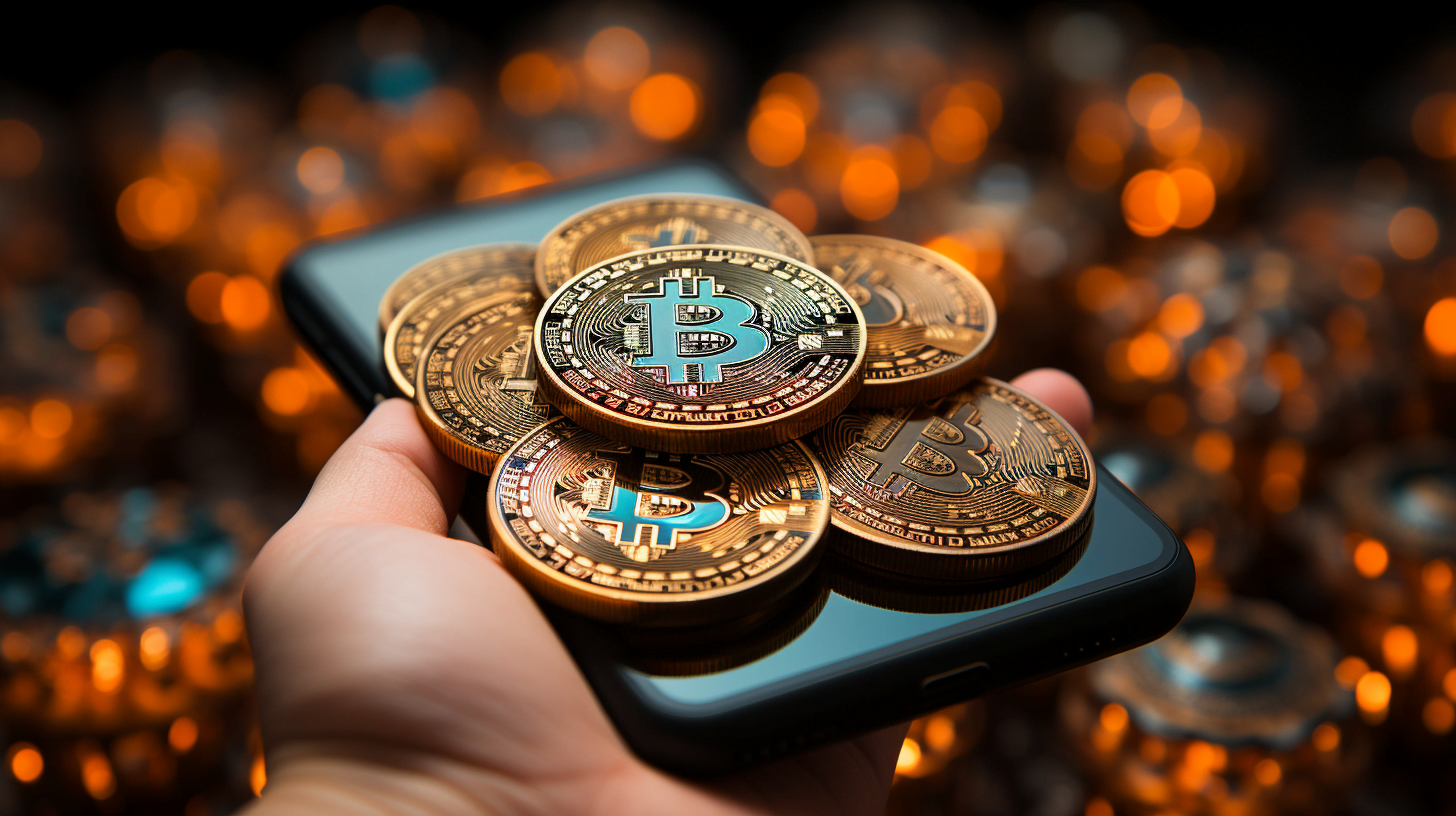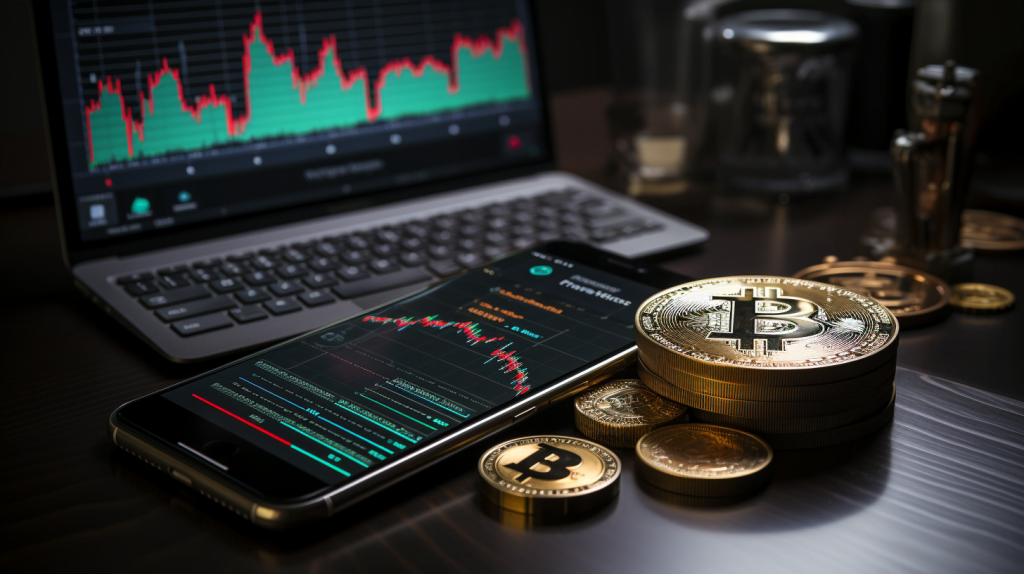Decentralized Finance, or DeFi, is a rapidly emerging sector in blockchain technology. It aims to build an open-source, permissionless, and transparent financial service ecosystem that is available to everyone and operates without central authority.
Among the various components of DeFi, decentralized applications (dApps) play a crucial role in transforming traditional financial systems. This article delves into DeFi dApps, their functionality, and how they revolutionize the financial landscape.
What is a DeFi dApp?
A DeFi dApp is a decentralized application that operates on blockchain technology, using smart contracts to facilitate financial transactions without intermediaries. These applications run on public networks and are not controlled by any individual entity; they are governed by protocols set in the underlying smart contracts.
Key Characteristics of DeFi dApps
Here are some key characteristics that distinguish DeFi dApps from traditional financial applications:
- DeFi dApps are entirely decentralized, meaning no central entity does not control them. Instead, they use blockchain technology to distribute the processing across multiple nodes, ensuring transparency and security.
- Most DeFi dApps are open source, which means their code is publicly accessible. This transparency allows anyone to verify the app’s functionality and contributes to the system’s trustworthiness.
- DeFi dApps are built on standard protocols that allow for interoperability. This means they can interact with each other, creating an interconnected ecosystem of financial applications.
- Anyone with an internet and a digital wallet can interact with DeFi dApps. There’s no need for KYC (Know Your Customer) procedures, making these applications truly inclusive and globally accessible.

The Impact of DeFi dApps on the Financial Landscape
DeFi dApps are democratizing finance by creating a global, open alternative to every financial service we use today — from savings and loans to insurance. Here’s how they are changing the financial landscape:
- DeFi dApps have made financial services more accessible. People in remote or underbanked areas can now access financial services through these dApps, provided they have an internet connection.
- By eliminating intermediaries, DeFi dApps reduce the cost of transactions. This leads to cheaper financial services, benefiting consumers.
- DeFi dApps have spurred financial innovation by creating new forms of financial instruments and services. For example, yield farming and liquidity mining have emerged as novel ways to earn investment returns.
In conclusion, DeFi dApps and tools for crypto swap pave the way for a truly decentralized financial system. While challenges like scalability and security still need to be addressed, the potential advantages of this technology are immense. As DeFi continues to grow, we can expect dApps to play an even more crucial role in reshaping the global financial landscape.

